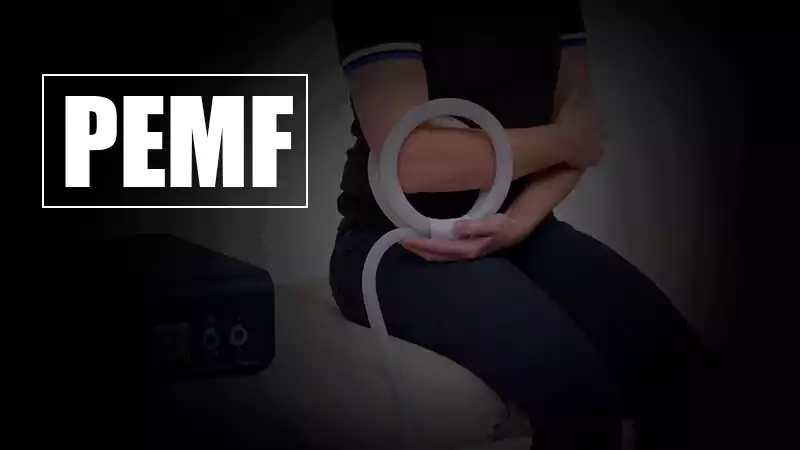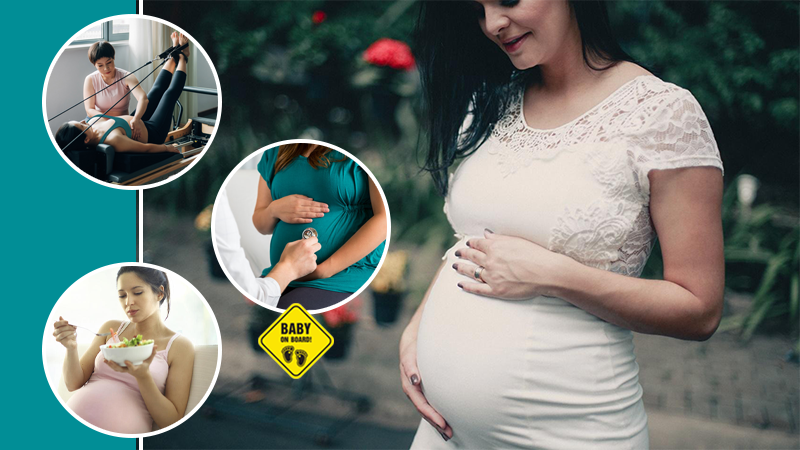3 Tips for Moms to Tackle Postpartum Depression and Regain Health
The time after the birth of an infant is otherworldly; the newborn brings heaps of joy and happiness, and it feels so good to see your family expand. Nonetheless, motherhood also comes with turmoil in daily routines. The lifestyles experience upheaval – sleeping patterns become irregular, and guilt engages the moms in unimaginable ways. The old day-to-day routines fade away, and as with newborns, moms have to acclimate to new practices.
If you’re still finding it hard to manage your emotions, know that you aren’t alone in this emotional rollercoaster ride. Although the baby can be a source of a radiant smile on your face and keep you occupied with their gurgling and cooing, the initial days can be overwhelming.
Baby blues are increasingly common after childbirth. But how do you deal with the symptoms of postpartum depression? Postpartum depression (PPD) is an extreme condition of clinical depression new moms suffer during pregnancy and post-childbirth. According to a source, approximately 1 in 8 women experience this severe depression. It adversely influences the wellness of moms and newborns alike, hampering the ability of mothers to look after themselves.
Here we’ve rounded up ways to cope with postnatal depression and regain your health:
Seek Professional Support
Postpartum depression doesn’t disappear on its own. Instead, it can aggravate if left unaddressed. Therefore, consider professional treatment if you want to get a hold of your emotions and wish to feel better. Supportive therapy, psychotherapy, and cognitive behavioral therapy are some methods to regain health.
With that said, if your newborn has been a victim of negligent actions of medical professionals during delivery, such as exerting excessive pressure on the infant’s arms, head, or neck or inappropriate handling of a vacuum extractor. In that case, all the more so, you might feel overwhelmed and experience anxiousness, agitation, and a whirlwind of emotions.
However, you don’t have to suffer alone - contact a birth injury lawyer to pursue justice and receive rightful compensation to cover the medical costs. Birth injuries can often leave infants mentally handicapped or make them suffer physical disabilities throughout their lives. Gratefully, lawyers can file a lawsuit on your behalf and hold the negligent medical professional liable for the injuries which were preventable in the first place.
Get Into the Routine of Exercise
Various studies have confirmed that physical exercise helps fight symptoms of postpartum depression. Physical activity is one of the effective means to attain good psychological well-being and assuage the effects of depression. Also, as stated by the American College of Obstetricians and Gynecologists (ACOG), exercise increases energy levels, sheds off extra pounds gained during pregnancy, and improves abdominal muscles.
While hitting the gym might be the last thing on your mind after childbirth, you don’t need to go overboard. Instead, begin with mild exercises if you have had an unproblematic vaginal delivery and smooth pregnancy. Walking is a safe exercise; you can bring the baby in the stroller to breathe fresh air. A few yoga moves and stretching exercises can also be an effective way to tone your body.
If you lack the energy to perform exercises, you can make a short run to the nearby bakery to fetch your favorite donut. Also, several online fitness tutorials are available on the internet that you can try at home. However, it’s better to consult with a healthcare specialist if you have had a cesarean delivery or experienced complexities during delivery.
Create a Healthy Bond with the Newborn
Mothers suffering from postpartum depression can sometimes be unaffectionate with their newborns. They either respond negatively or don’t tend to interact with the child most of the time. They don’t wish to spend time or play with their child, provide inconsistent care, and fail to respond to the newborn’s physical and emotional needs.
Unfortunately, this lack of bonding not only adversely influences the ability of the baby to develop fully. It also impacts the way a child communicates and builds relationships with others. As a result, such kids are more likely to encounter behavioral and educational issues for the entirety of their lives.
Therefore, learn how to bond and form a secure attachment with your baby. Try to understand your child’s emotional cues, laugh, soothe, and smile more often to your child. Essentially, your emotions should synchronize with your newborn emotions. This emotional bond and close contact with the baby release oxytocin and endorphins. And this, in turn, makes you more confident, happy, and caring.
Final Words
Undeniably, postpartum depression is a vulnerable phase – you might feel restless, enervated, upset, or even cry without any particular reason. After all, the anticipations associated with motherhood are often extraordinarily high. Although most new mothers, if not all, suffer from the mildest postpartum depression, the cases are high in females who have witnessed episodes of extreme depression earlier in their life or had a family history. If you have been grappling with the symptoms of postpartum depression, know that you aren’t alone in this and that resources and other help are available.
Life with depression can be challenging, but this condition doesn’t have to last a lifetime. And while the road to recovery may differ for every woman. However, good intrapartum care during the labor process and proper antenatal care during the whole pregnancy period can help maintain the mom’s health. Also, carving out time for self-care can help mothers tackle symptoms in this rocky emotional journey.










Share